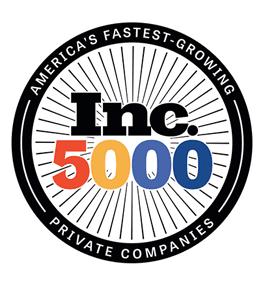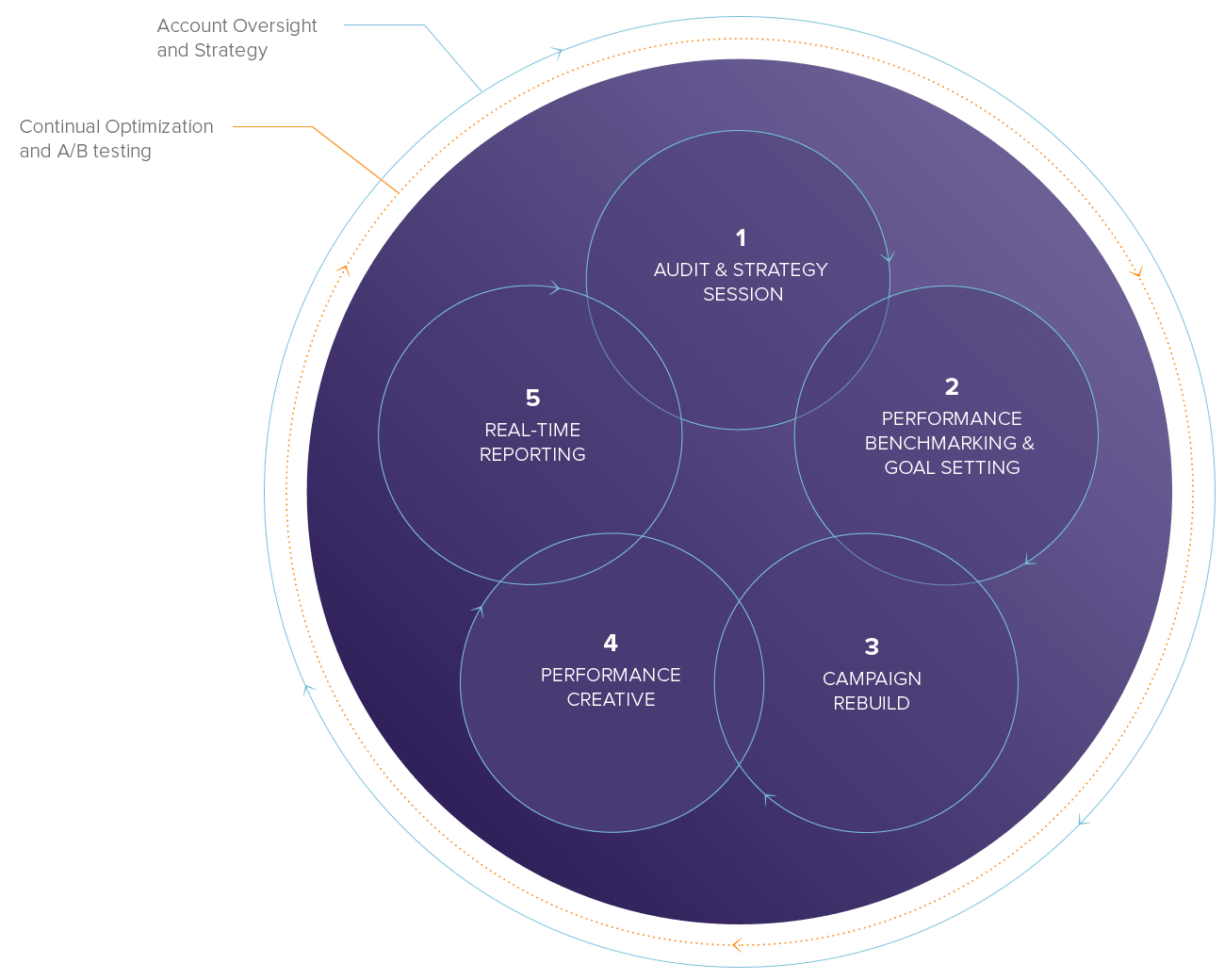PPC and SEO are Converging – Do You Have a Strategy?
Search pundits are always saying SEO is dead. Paid search results occupy more and more spaces previously reserved for organic results. Still, not only is SEO alive and kicking, but PPC and SEO practitioners need to understand each other’s craft more than ever before. In its ever-important drive to enhance and perfect the quality of search results, Google is driving a convergence of PPC and SEO factors.
History of Search
In the early days of PPC, top results went to the top bidder. And for organic search the search engines were easily manipulated by simple black-hat techniques like keyword stuffing, link buying, and link bait. Attempts to exploit search engine weaknesses linger, but the algorithms are far smarter today. Google pushes the bar higher all the time.
Google’s incredible financial success is dependent on users trusting and clicking on the paid search results. To that end, Google continues to enforce higher website standards and continues to provide smarter organic results. At the same time, in the mid-2000s, Google introduced PPC Quality Score, as a way of ensuring that the paid search results would be better matched to searcher intent. Quality Score enabled Google to reward advertisers who provide better quality ads and landing pages, which, in turn, promise a better search experience.
The quality of the results drives clicks. And while to this day, people mostly click on organic results, the balance is shifting. The more PPC results improve, the more searchers click on them. The more searchers click on paid ads, the more Google pushes organic results down.
PPC and SEO Together
When your site dominates the search results by appearing in both paid and organic results, both benefit. This is from a 2011 Google study: “a full 89% of the traffic generated by search ads is not replaced by organic clicks when ads are paused.” In other words, turn off your ads, and organic does NOT fill the void. You need both!
There are many other reasons to run both PPC and SEO campaigns for the same general set of keywords. The lessons of one can feed the other. You can test specific keywords in PPC and create SEO content for those that generate PPC visits. And the opposite: Build PPC campaigns for organically strong keywords and pages just to own the SERP real estate. Or, use SEO to save money, where you can gain organic advantage and drop the PPC campaigns. Use PPC to reinforce where you are weak organically. Once you learn which organic and PPC keywords have the highest conversion rates, you can more successfully optimize your overall strategy. And so on.
Quality Score (QS) is the new Page Rank
Today these tactics are on an important path to convergence. One directly and immediately reinforces the other. And you need a strategy that embraces convergence. One obvious example is to use your best performing PPC ads for ideas on how to tweak your SEO meta descriptions to increase clickthrough. And mine your successful landing pages for clues on how to improve your SEO content to increase organic conversions.
Most important: We all need to understand search intent. I recently spoke with Laurence O’Toole of Authoritas, a major UK-based SEO platform. He explained that Authoritas is moving toward analyzing bigdata with the goal of better understanding searcher intent. Both SEO and PPC practitioners need to dive deeper into keyword research to understand what searchers are looking for. Both need to analyze what type of content is ranking for the keywords your business is interested in. Landing pages must match intent. That’s PPC Landing Pages 101. And it’s the same for SEO.
For an SEO campaign to be successful it must drive people to your site, and then it has to engage them. Google’s ranking algorithm relies on many factors to determine if a page is relevant to an organic search. Google tries to understand search intent and match it with the most relevant and most authoritative page. Authority derives mostly from inbound links. But relevance is based on the quality of the content and how well it matches the search.
This is similar to Google’s Quality Score algorithm for PPC. As noted, the ad copy and the landing page content must be in sync for Google to serve your ad and drive clicks to your landing page. Users, in both cases, receive immediate feedback that they clicked to the right page and found something that matches their search.
PPC results will continue to push SEO results down. Google will provide more “Direct Organic” answers within the search results. Does this mean SEO is dead? Far from it. But it does mean successful PPC specialists need to use long standing SEO techniques for long term success and SEO specialists need to join forces with their PPC colleagues. PPC results must be increasingly relevant, authoritative, and informed from SEO knowledge and techniques. SEO content must be solid, relevant, and useful. The SERP (Search Engine Results Pages) are increasingly a mix of all types of results, including PPC, with quality of results being the driving force behind placement.
So, when you optimize for SEO or for PPC, be sure you are optimizing for your users’ intent. Be sure you understand how they search. Provide useful and actionable results that are better than your competitors’ offering. And incorporate the lessons learned from your PPC or SEO colleagues! Meanwhile, if you need help determining if you are meeting the needs of your prospective clients, give us a shout. We’ll help you determine what your data is telling you.












